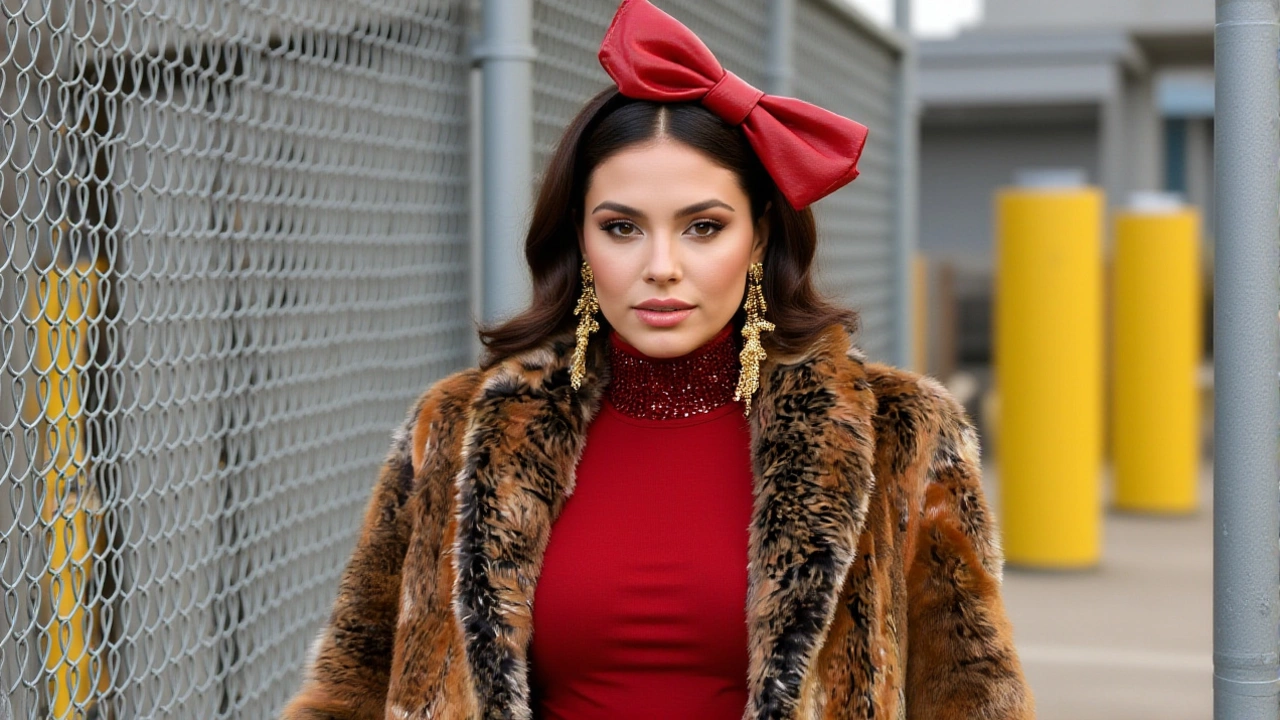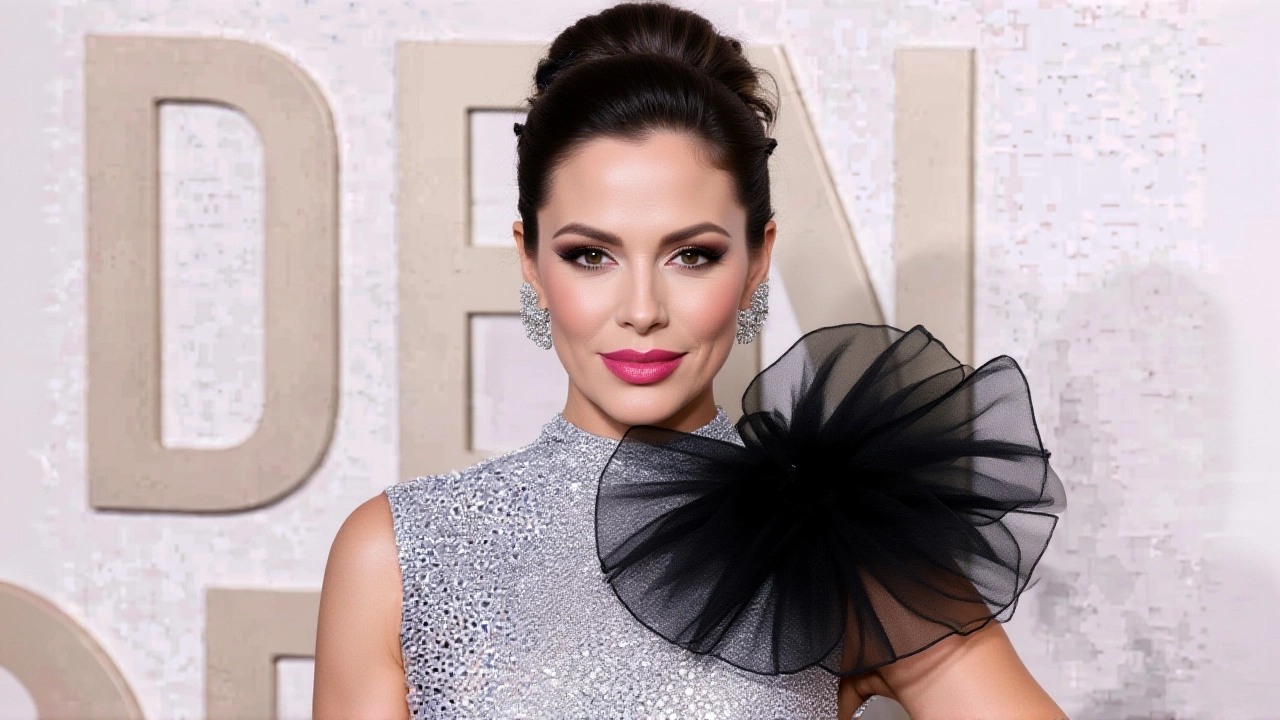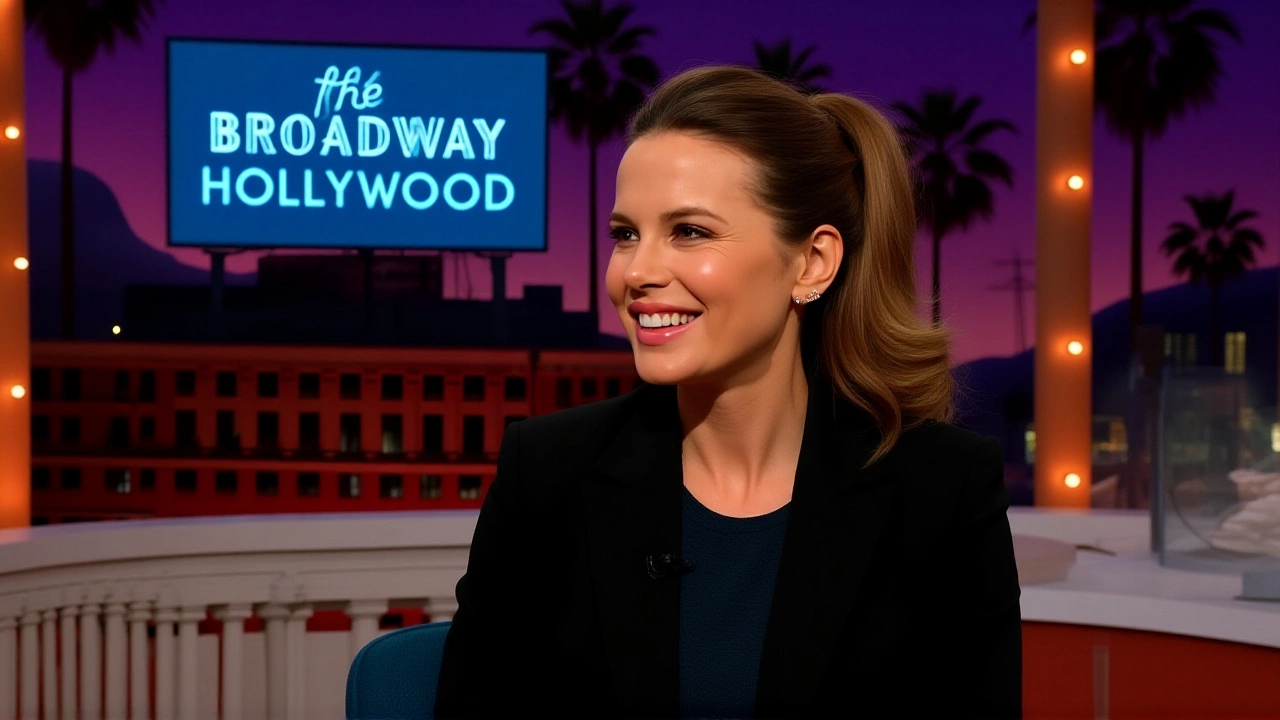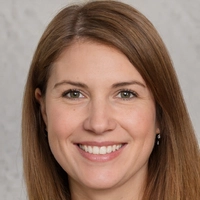When Kate Beckinsale was offered the chance to play Wonder Woman in the early 2000s, she didn’t hesitate—she said no. Not because she didn’t admire the character, but because, as she told Variety in 2018, "It would have been a terrible movie based on the script that I read." The decision, made over two decades ago, now looks like one of the most prescient in modern superhero cinema history.
The Script That Wasn’t Good Enough
Beckinsale, best known for her icy, leather-clad vampire hunter Selene in the Underworld franchise, was approached by producer Joel Silver during a period when Warner Bros. was desperately trying to crack the Wonder Woman formula. Multiple sources—including Business Insider, Far Out Magazine, and CinemaBlend—confirm she reviewed several drafts of the script, all of which, in her words, felt outdated and tone-deaf. "I don’t know if I was desperate to be in a leotard," she quipped during a 2019 Yahoo Movies interview. "I’d already done the rubber trousers." The reference was clear: she’d spent years in tight, high-tech bodysuits as Selene, and she wasn’t eager to repeat the aesthetic without substance.What troubled her more than the costume was the story. "It just wasn’t interesting," she explained. "There was no heart. No stakes. Just a woman in a tiara hitting things." The version she read leaned heavily on action beats and sexualized imagery, a formula that had already failed for other female-led superhero projects in the 1990s and early 2000s. She wasn’t rejecting the character—she was rejecting the movie.
A Mother’s Reasoning
There was another layer to her refusal. Beckinsale, who gave birth to her daughter Lily Mo Sheen in January 2004, considered how her choices might affect her child. "You have to take in that you have a child at some point," she said, "and how much could you possibly embarrass them?" It wasn’t vanity—it was responsibility. She imagined Lily watching her mother in a skimpy suit, swinging a lasso while yelling about justice, and cringing. That thought alone made the role untenable.It’s a perspective rarely discussed in Hollywood, but it’s real. Many actors—especially women—face the unspoken pressure to perform in ways that might one day make their children uncomfortable. Beckinsale chose dignity over fame.

The Role That Got Away
After Beckinsale stepped away, the project languished. Warner Bros. cycled through directors, writers, and actresses—George Miller, Joss Whedon, and even Angelina Jolie were briefly attached. The script kept changing, but the vision stayed stuck in the 90s. Then, in 2016, everything shifted.Gal Gadot, an Israeli actress and former Miss Israel, was cast as Diana Prince. Patty Jenkins, the director of Monster and a longtime advocate for female-led narratives, was brought on board. The 2017 film, Wonder Woman, premiered at the Pantages Theatre in Los Angeles on June 2, 2017, and became a cultural lightning rod. It grossed $821.8 million worldwide on a $149 million budget, according to Box Office Mojo. Critics praised its emotional depth, historical setting, and Gadot’s performance. Beckinsale, watching from afar, didn’t gloat—she applauded. "It was wonderful," she said. "They finally got it right."
What Could Have Been
Imagine if Beckinsale had accepted. She’s a skilled action performer with a commanding screen presence. But her version of Wonder Woman would have been a product of its time: a 2000s action flick with a strong female lead, but little else. The script she read didn’t ask Diana to be a symbol—it asked her to be a weapon. Jenkins’ version asked her to be a beacon. That distinction changed everything.Beckinsale’s career continued with steady work in the Underworld sequels and indie films, but she never reached global superstardom. Gadot, by contrast, became a defining figure in the DC Extended Universe, appearing in Batman v Superman (2016), Justice League (2017), and Wonder Woman 1984 (2020). But Beckinsale didn’t miss out—she avoided a trap. She chose quality over clout, and history has vindicated her.

Why This Matters
Her refusal wasn’t just about one role. It was a quiet rebellion against a Hollywood system that often prioritizes spectacle over substance, especially for women. Beckinsale’s story reminds us that some of the most powerful decisions in entertainment aren’t about saying yes—they’re about knowing when to say no.And it’s not just about movies. It’s about legacy. What do you want your child to remember? What do you want to be remembered for? Beckinsale didn’t just turn down a role—she turned down a version of herself she didn’t believe in.
Frequently Asked Questions
Why did Kate Beckinsale turn down Wonder Woman?
Beckinsale rejected the role because she felt the script was outdated, lacked emotional depth, and relied on tired superhero tropes. She also worried about how the role—especially the costume—might embarrass her young daughter, Lily Mo Sheen. She later called the project "a terrible movie" based on what she read.
Who eventually played Wonder Woman, and how successful was the film?
Israeli actress Gal Gadot portrayed Wonder Woman in the 2017 film directed by Patty Jenkins. The movie was a massive success, grossing $821.8 million worldwide against a $149 million budget. It revitalized the DC Extended Universe and became a landmark for female-led superhero films.
Was Kate Beckinsale ever officially cast in the role?
No, she was never officially cast. She was approached during development in the early 2000s under producer Joel Silver, reviewed multiple scripts, and declined before any contract was signed. The project remained in development hell until Jenkins and Gadot took over a decade later.
How did Kate Beckinsale feel about Gal Gadot’s performance?
Beckinsale publicly praised Gadot’s portrayal, calling the 2017 film "wonderful" in interviews. She acknowledged that Jenkins’ version finally captured Wonder Woman’s strength, compassion, and mythic quality—something the earlier scripts had completely missed.
Did other actresses turn down Wonder Woman before Gadot?
Yes. Before Gadot, the role was offered to or considered by several actresses including Angelina Jolie, Lucy Liu, and even Charlize Theron during various failed development phases between 1996 and 2015. The project spent nearly two decades in "development hell" before finding the right team.
What impact did Beckinsale’s decision have on her career?
While she didn’t become a global blockbuster star like Gadot, Beckinsale maintained a steady, respected career in genre films and independent cinema. She avoided being typecast as a superhero and instead chose roles that aligned with her artistic values. Many critics now view her decision as a sign of professional integrity.

